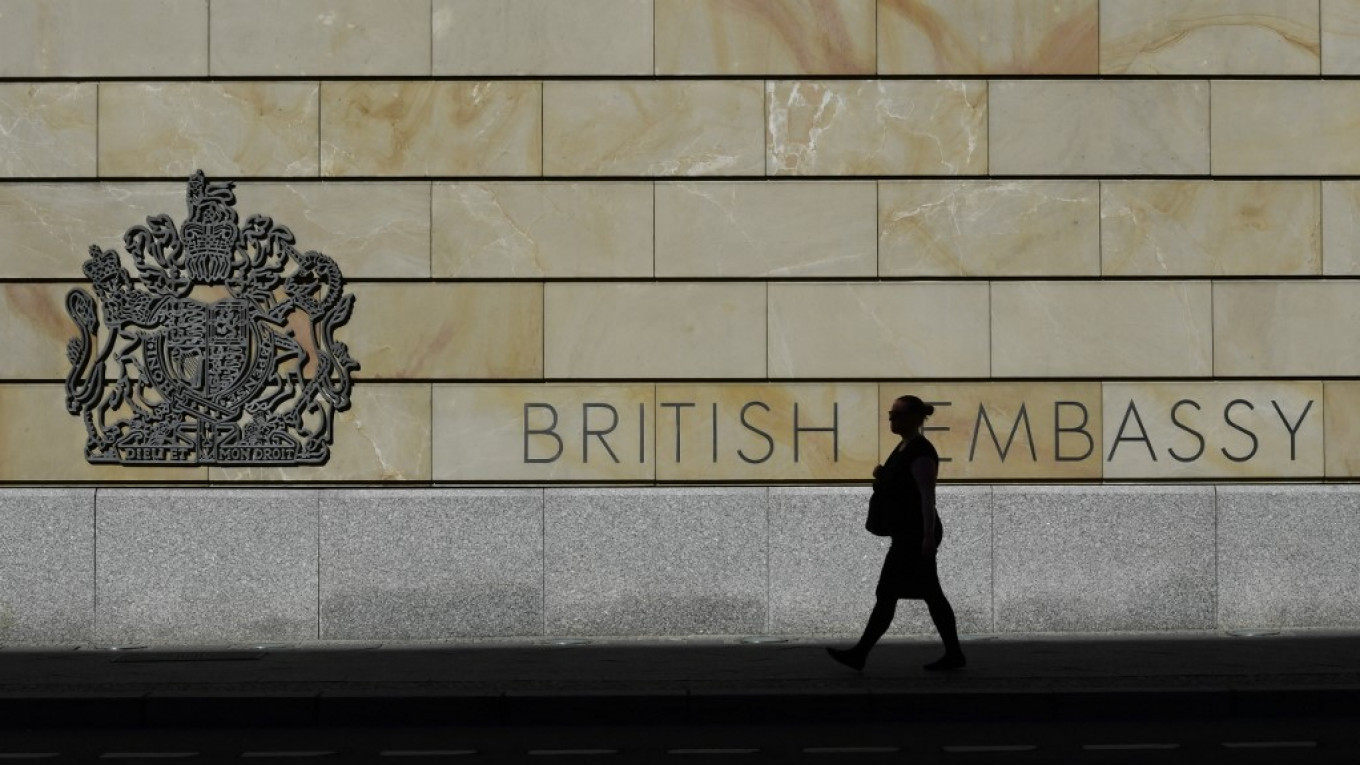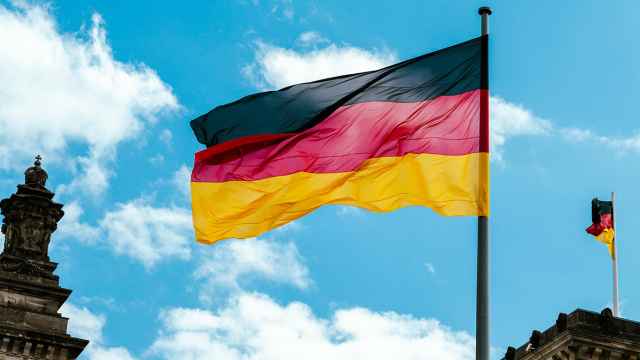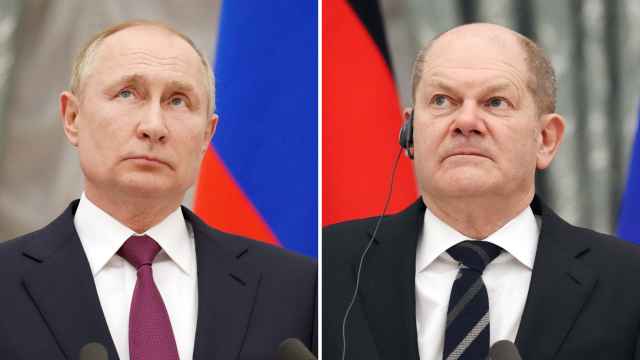A British man suspected of spying for Russia in exchange for cash has been arrested in Germany, federal prosecutors said Wednesday, in a stunning case compared to a Cold War thriller.
The suspect identified only as David S., who worked as local staff at the British embassy, "on at least one occasion passed on documents he acquired as part of his professional activities to a representative of Russian intelligence."
"The accused received a cash payment in an unspecified amount in return," the federal prosecutor's office said in a statement.
It said David S. was taken into custody Tuesday in the eastern city of Potsdam on an arrest warrant issued on August 4. His home and place of work were searched.
The suspect was believed to have been spying since November 2020 "at the latest."
His arrest was the result of a joint operation by German and British authorities. The British embassy in Berlin declined to comment.
The Metropolitan Police in London said the suspect was a 57-year-old British national and that the investigation was conducted by the Met's Counter Terrorism Command and German counterparts.
It said his alleged offences were related to being engaged in "Intelligence Agent activity" under German law and that the German authorities would retain primacy over the probe.
David S. was to appear later Wednesday before an investigating judge who will decide whether he will be remanded in custody.
Like Le Carre
Germany has arrested a number of people in recent years accused of spying for Russia, but the capture of a citizen of a closely allied country is highly unusual.
German foreign ministry spokesman Christofer Burger told reporters Berlin was taking the case "very seriously," adding that "espionage by a close alliance partner on German soil is unacceptable."
Security specialist Edward Lucas likened the arrest to an early spy novel by the British writer John le Carre.
"The fact that the arrest has been made in Berlin suggests it's a non-diplomatic member of the embassy, that's why the German judicial system has been brought to bear on it," he told Times Radio.
If the suspect was a diplomat, the British authorities would have been more involved, he added.
Lucas, a former foreign correspondent with The Economist covering eastern and central European affairs, said the arrest was "a reminder of how much effort the Russians put in to trying to find out what Western alliances are up to."
In June, German police arrested a Russian scientist working at a German university accused of working for Russian secret service since October 2020 at the latest.
And German prosecutors in February filed espionage charges against a German man suspected of having passed the floor plans of parliament to Russian secret services in 2017.
Moscow is at loggerheads with a number of Western capitals after a Russian troop build-up on Ukraine's borders and a series of espionage scandals.
In June, Italy said it had created a national cybersecurity agency following warnings by Prime Minister Mario Draghi that Europe needs to protect itself from Russian "interference."
The move came after an Italian navy captain was caught red-handed by police selling confidential military documents to a Russian embassy official.
Tit-for-tat expulsions
The leaders of nine eastern European nations in May condemned what they termed Russian "aggressive acts," citing operations in Ukraine and "sabotage" allegedly targeted at the Czech Republic.
Several central and eastern European countries expelled Russian diplomats in solidarity with Prague, but Russia has branded accusations of its involvement as "absurd" and responded with tit-for-tat expulsions.
The latest espionage case also comes at a time of highly strained relations between Russia and Germany on a number of fronts, including the ongoing detention of Kremlin critic Alexei Navalny, who received treatment in Berlin after a near-fatal poisoning.
Relations between London and Moscow have been at a low point since the attempted poisoning of former spy Sergei Skripal in British Salisbury in 2018.
The Kremlin has denied any involvement in either case.
Despite the frictions, Berlin has pressed ahead with plans to finish the controversial Nord Stream 2 pipeline, set to double natural gas supplies from Russia to Germany.
A Message from The Moscow Times:
Dear readers,
We are facing unprecedented challenges. Russia's Prosecutor General's Office has designated The Moscow Times as an "undesirable" organization, criminalizing our work and putting our staff at risk of prosecution. This follows our earlier unjust labeling as a "foreign agent."
These actions are direct attempts to silence independent journalism in Russia. The authorities claim our work "discredits the decisions of the Russian leadership." We see things differently: we strive to provide accurate, unbiased reporting on Russia.
We, the journalists of The Moscow Times, refuse to be silenced. But to continue our work, we need your help.
Your support, no matter how small, makes a world of difference. If you can, please support us monthly starting from just $2. It's quick to set up, and every contribution makes a significant impact.
By supporting The Moscow Times, you're defending open, independent journalism in the face of repression. Thank you for standing with us.
Remind me later.






